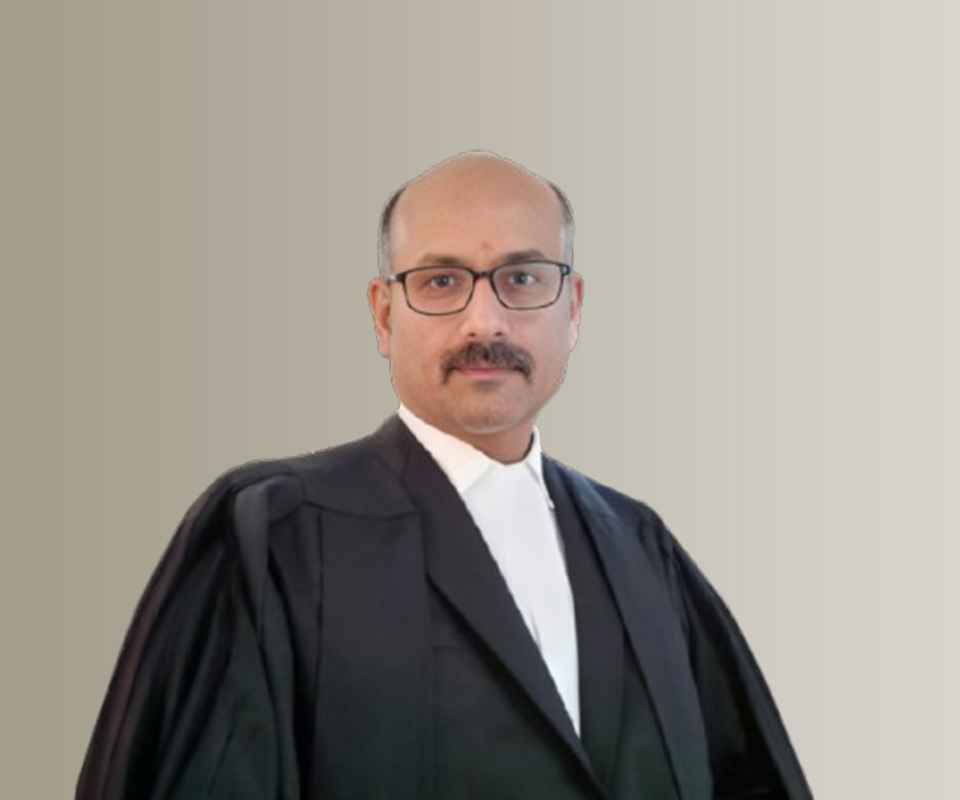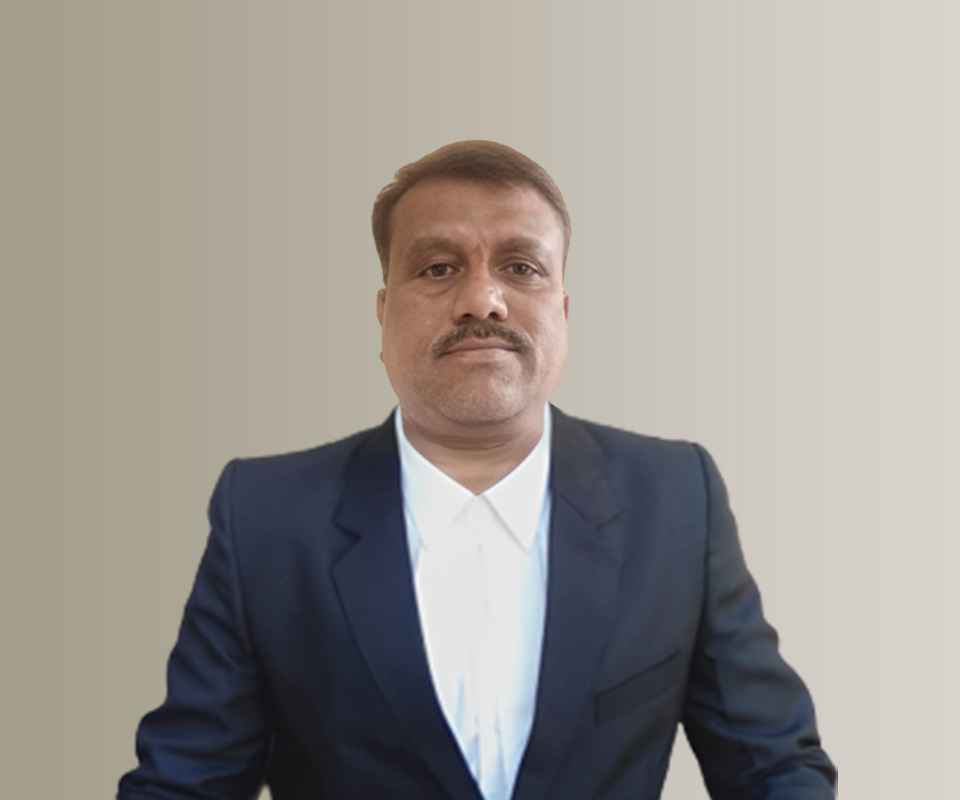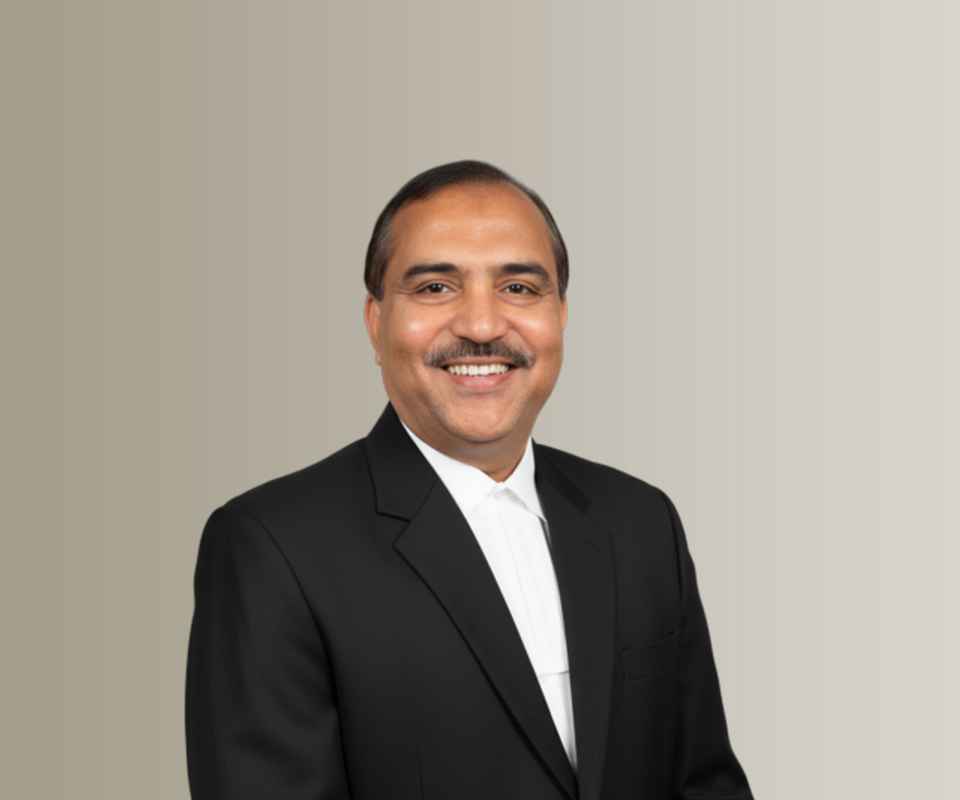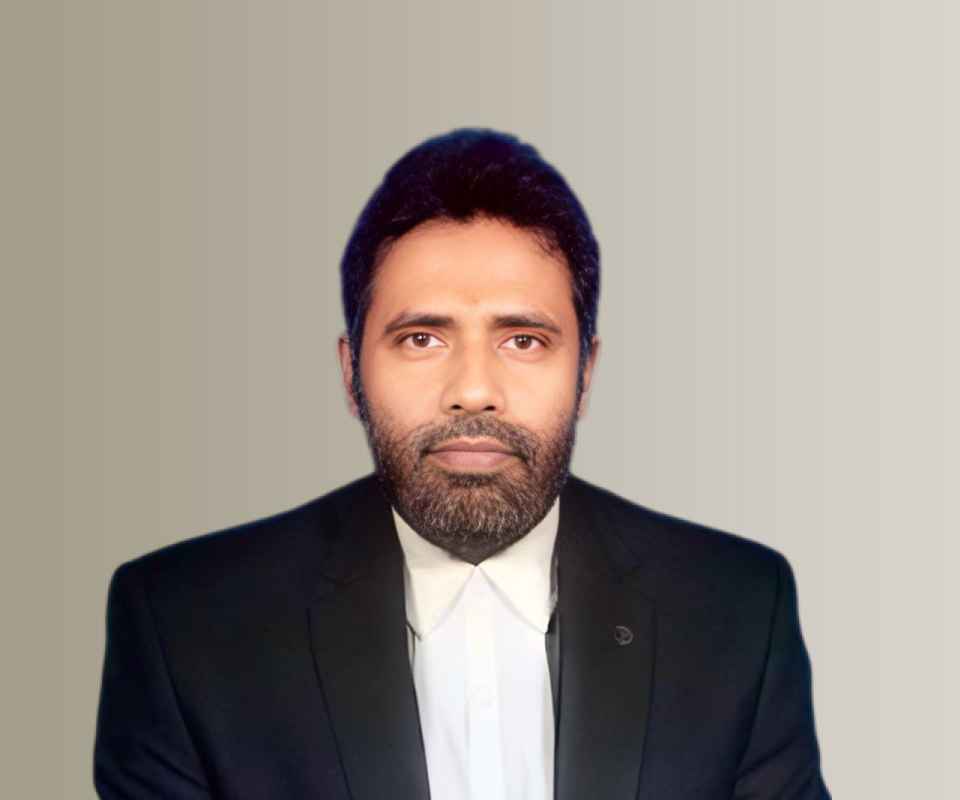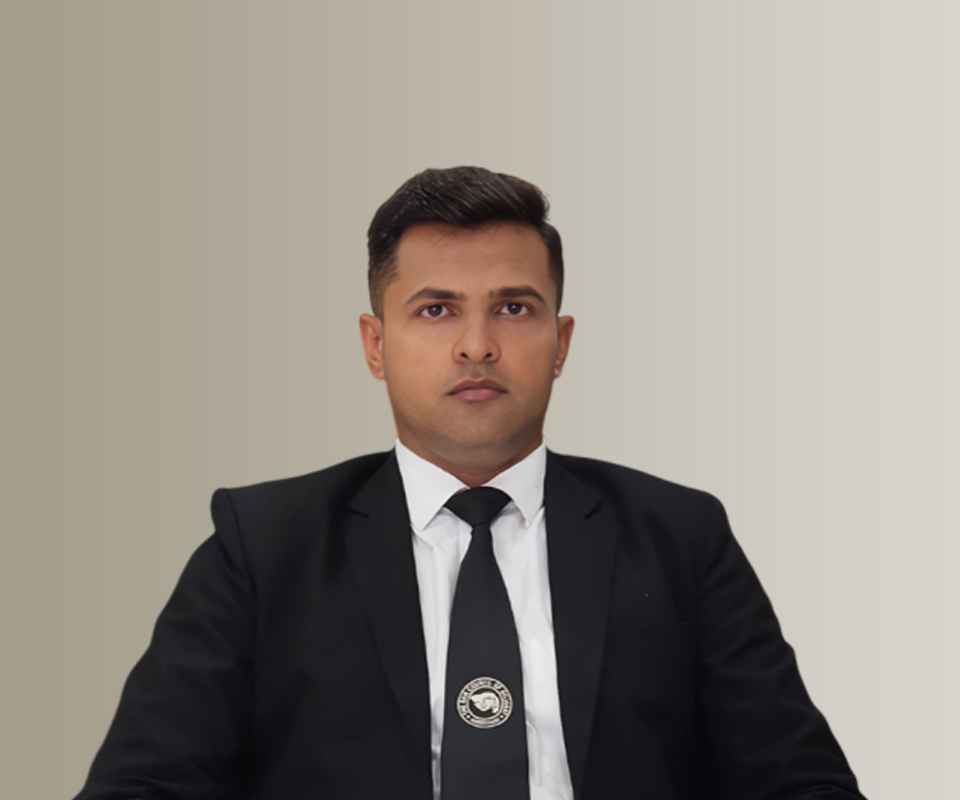Answer By law4u team
Bharatiya Nagarik Suraksha Sanhita, 2023 - Section 51: Examination of accused by medical practitioner at the request of police officer.
(1) When a person is arrested on a charge of committing an offence of such a nature and alleged to have been committed under such circumstances that there are reasonable grounds for believing that an examination of his person will afford evidence as to the commission of an offence, it shall be lawful for a registered medical practitioner, necessary in order to ascertain the facts which may afford such evidence, and to use such force as is reasonably necessary for that purpose.
(2) Whenever the person of a female is to be examined under this section, the examination shall be made only by, or under the supervision of, a female registered medical practitioner.
(3) The registered medical practitioner shall, without any delay, forward the examination report to the investigating officer.
Explanation: In this section and in sections 52 and 53—
- (a) examination shall include the examination of blood, blood stains, semen, swabs in case of sexual offences, sputum and sweat, hair samples and finger nail clippings by the use of modern and scientific techniques including DNA profiling and such other tests which the registered medical practitioner thinks necessary in a particular case;
- (b) registered medical practitioner means a medical practitioner who possesses any medical qualification recognised under the National Medical Commission Act, 2019 and whose name has been entered in the National Medical Register or a State Medical Register under that Act.
Brief Detail
This section of the Bharatiya Nagarik Suraksha Sanhita, 2023, outlines the protocol for the medical examination of an accused person at the request of a police officer. It specifies that:
- A medical examination is lawful when there are reasonable grounds to believe it will provide evidence of an offence.
- Female examinations must be conducted by or under the supervision of a female registered medical practitioner.
- The examination report must be promptly forwarded to the investigating officer.
- The examination encompasses a variety of medical tests, including DNA profiling, blood samples, and other scientific analyses.
Question & Answers
Q1: What is the purpose of Section 51 in the Bharatiya Nagarik Suraksha Sanhita, 2023?
A1: It provides the legal framework for the examination of an accused by a registered medical practitioner when there are grounds to believe it will yield evidence related to the commission of an offence.
Q2: Who can conduct the examination of a female accused?
A2: The examination must be conducted only by, or under the supervision of, a female registered medical practitioner.
Q3: What must a registered medical practitioner do after conducting an examination?
A3: They must forward the examination report to the investigating officer without any delay.
Q4: What types of examinations are included under this section?
A4: Examinations include tests for blood, blood stains, semen, swabs in cases of sexual offences, sputum, sweat, hair samples, and fingernail clippings, using modern scientific techniques like DNA profiling.
Q5: What qualifies someone as a registered medical practitioner under this section?
A5: A registered medical practitioner must have a medical qualification recognized under the National Medical Commission Act, 2019, and be registered in the National or State Medical Register.
Example
1. Scenario: A male suspect is arrested for a violent crime, and the police believe that a medical examination will reveal evidence of injuries.
Action: A registered medical practitioner examines the suspect, following legal protocols.
2. Scenario: A female suspect is arrested in connection with a drug offence.
Action: The examination is conducted by a female registered medical practitioner to ensure compliance with legal requirements.
3. Scenario: A medical practitioner is asked to conduct a sexual assault examination.
Action: The practitioner collects samples such as blood, hair, and swabs to provide evidence for the investigation.
Summary
Section 51 of the Bharatiya Nagarik Suraksha Sanhita, 2023, allows for the medical examination of accused individuals to gather evidence of an alleged crime. It emphasizes the need for a registered medical practitioner to conduct these examinations, particularly ensuring that female accused individuals are examined by female practitioners. The section mandates prompt reporting of findings to the investigating officer and outlines the various tests that may be performed to gather crucial evidence.
